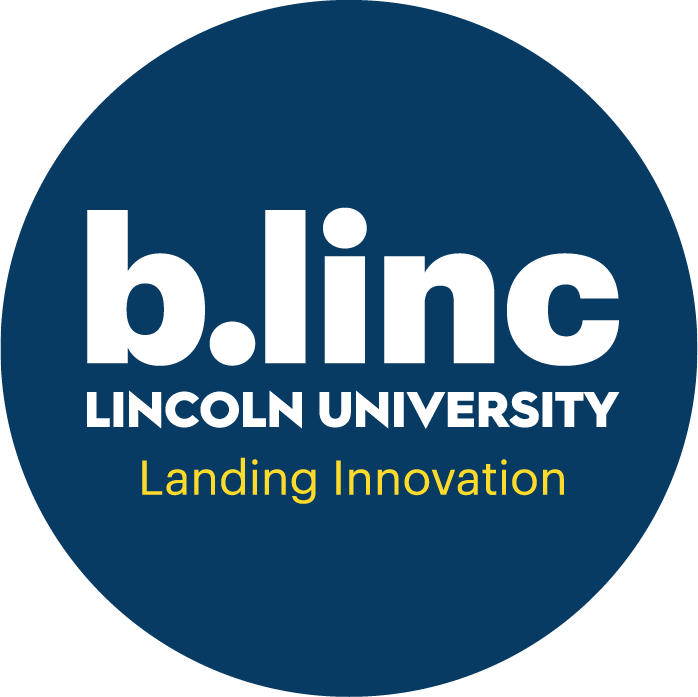Join us for the next event in: Te Whare Wānaka o Aoraki Lincoln University Excellence Series. This series has been designed to showcase leadership in various disciplines including the opportunity to promote the University’s distinctive and impactful applied research. This series celebrates research excellence and promotes a public forum to a broader community, highlighting Lincoln University’s specialist land-based contribution to driving New Zealand’s prosperity and intergenerational wellbeing.
Oxygen is essential for human beings to survive, and reducing oxygen levels in the body can be detrimental to health. A substantial drop in oxygen availability, similar to what occurs with climbers going to high altitudes can result in fatigue, headaches, pulmonary or cerebral oedema, unconsciousness and even death. However, reducing oxygen to less severe levels in the body for shorter periods of time can, on the other hand, provide health and athletic performance benefits. But what level of hypoxia (low oxygen levels) is safe? How do athletes use altitude and hypoxia to improve performance? What is the connection between hypoxia and human health?
Timings
4.00 pm - Networking and drinks
4.15 pm - Welcome & introduction from LU Vice-Chancellor
4.20 pm - Presentation from Speaker
4.50 pm - Summary
5.00 pm - Networking and questions over drinks and nibbles
5.30pm - Event Ends
About Our Speaker
Professor Michael Hamlin
Mike specialises in the effects of exercise on human physiology and is a world expert on altitude/hypoxic training. His research is theoretical (regarding the physiological mechanisms behind exercise training adaptation) as well as practical (how does altitude training effect a rugby player’s sprinting and game performance?). He is interested in both ends of the exercise continuum –from training elite athletes to enhance their performance on the world stage, to improving health outcomes in sedentary individuals and chronic disease patients. The interdisciplinary nature of his research requires ongoing collaboration with educationalists, medical professionals, biochemists, surgeons, psychologists and other professionals internationally. His work in sport and exercise has application to recovery techniques post-surgery, combating diabetes, cancer and understanding concussion. Having proved that artificial altitude training can be an effective alternative to real altitude sojourns, his research is used to set altitude training guidelines for elite athletes, including the British and Irish Lions rugby team and I provide consultation for Olympic athletes such as the New Zealand and Netherlands triathlon teams. Mike is a Fellow of the American College of Sports Medicine and the European College of Sport Science.
Research profile Michael Hamlin
Click here to see more events

